Welcome to the world of blogging platforms! Think of these platforms as your digital stage, where you share your stories, ideas, and expertise with the world. Each platform comes with its own tools and quirks, much like every stage has its own backdrop and acoustics.
Choosing the right platform isn’t just a technical decision; it’s about finding a space that resonates with your voice and style. It’s where you’ll connect with your audience, craft your messages, and, hopefully, grow your followers. And while you might think it’s all about writing, it’s also about the features that can make your life easier and your blog more compelling.
A stellar platform does more than just host your words; it amplifies them. It should offer a mix of usability, design, and tools that empower you to present your content in the best possible light.
Whether you’re a beginner or a seasoned pro, your choice will shape not just your blogging experience but also your potential for reaching out and connecting with readers.
Table of Contents
Defining Your Blogging Goals and Needs

The foundation of a successful blog starts with clarity on your goals and needs. Before you even start comparing platforms, map out what you’re hoping to achieve. Every platform caters to different types of bloggers, and your choice can make or break your online presence.
- Identify Your Purpose: Is your blog a personal hobby, a platform to share your expertise or a business venture?
- Know Your Audience: Are your readers casual browsers, potential clients, or fellow experts in your field? This will influence the tone and style of your content.
- Plan Your Content Strategy: Are you posting tutorials, thought leadership pieces, or lifestyle content? Different platforms offer various tools to manage and display your content effectively.
- Feature Requirements: Think beyond aesthetics. Consider functionalities like social media integration, analytics, collaboration tools, and e-commerce capabilities.
By understanding these factors, you’ll be better equipped to choose a platform that aligns with your blogging goals and needs.
Related Post: The Ultimate Guide To Starting A Blog
WordPress: The Content King

When it comes to versatility, WordPress is usually the first name that pops up. It’s not just its popularity—it’s the sheer scope of what you can do with it. WordPress has earned the throne as the ‘Content King’ in the realm of blogging platforms.
WordPress started as a simple blogging tool but has evolved into a full-fledged content management system (CMS). It powers over a third of all websites on the internet, a testament to its capabilities and adaptability. Whether you’re looking to create a personal blog, a business site, or an online store, WordPress offers the flexibility to make it happen.
Pros:
- Flexibility: Allows creation of any type of blog, with thousands of themes and plugins.
- Community Support: Extensive forums, groups, and blogs dedicated to WordPress.
- Ownership: Full rights to all your content with WordPress.org.
Cons:
- Learning Curve: Can be overwhelming for beginners.
- Maintenance: Requires regular updates and security checks.
Get Expert Help with Wealthy Affiliate
Navigating the complexities of WordPress can be daunting, especially if you’re new to blogging or website creation. This is where Wealthy Affiliate comes in. Wealthy Affiliate is an online platform designed to help you succeed in the world of blogging and affiliate marketing by providing comprehensive training and support.
Expert Classes and Support: Wealthy Affiliate offers a wealth of expert-led classes that cover everything from setting up your WordPress site to advanced SEO techniques. These classes are designed to take you step-by-step through the process, making it easier to understand and implement best practices.
Community and Mentorship: One of the standout features of Wealthy Affiliate is its supportive community. You’ll have access to a network of experienced marketers and bloggers who can provide advice, feedback, and encouragement. Whether you have technical questions or need help refining your content strategy, there’s always someone ready to assist.
Tools and Resources: In addition to training and community support, Wealthy Affiliate provides a range of tools to help you optimize your WordPress site. From keyword research tools to website health checks, you’ll have everything you need to ensure your blog is performing at its best.
Conclusion: WordPress stands out for its versatility and robust community support, making it an excellent choice for bloggers who want complete control over their site. However, its learning curve and maintenance requirements may be a hurdle for beginners. If you’re looking for a powerful and customisable platform, WordPress is a top contender. And with the support of Wealthy Affiliate, you can confidently tackle any challenges that come your way and take your blogging to the next level.
Related Post: Wealthy Affiliate Review
Blogger: Google's User-Friendly Platform

For ease of use, Blogger by Google is a standout choice. It’s been around since before blogging was a buzzword, and that longevity speaks volumes about its reliability.
Blogger is one of the oldest blogging platforms, launched in 1999 and acquired by Google in 2003. Its primary appeal lies in its simplicity and integration with Google services. This makes it a great starting point for new bloggers who want to get up and running quickly without worrying about the technical aspects.
Pros:
- Ease of Setup: Very easy and free to set up, especially with a Google account.
- Google Integration: Seamless integration with Google Analytics and AdSense.
- Simplicity: Straightforward functionality without unnecessary complexity.
Cons:
- Limited Customization: Less flexibility compared to other platforms.
- Basic Features: Limited advanced features and design options.
Conclusion: Blogger’s simplicity and integration with Google services make it an attractive option for beginners or those looking for a straightforward blogging experience. However, its limited customisation and basic features might not meet the needs of more advanced bloggers. If you want a no-fuss platform, Blogger is a reliable choice.
Turn Your Passion into Profits
Squarespace: Sleek Design Meets Simplicity
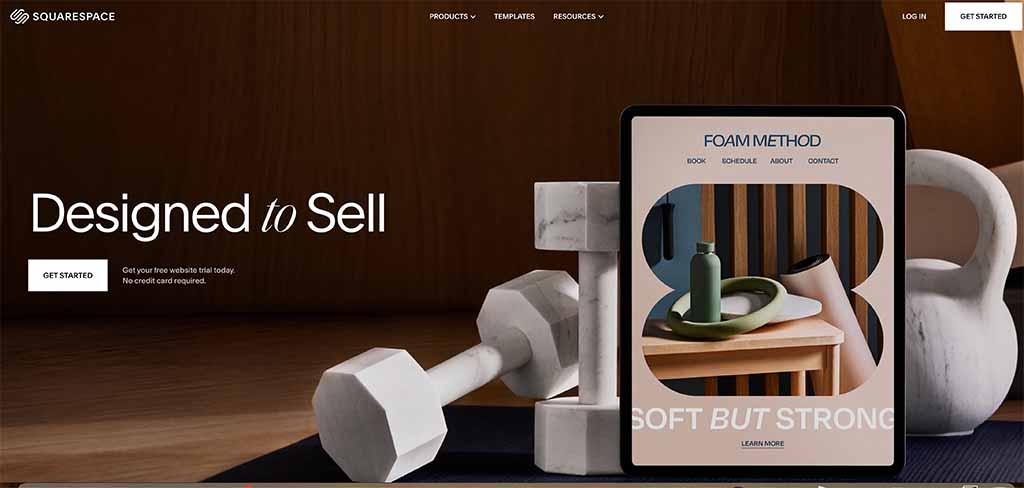
Imagine a platform where aesthetic appeal and user-friendliness meet. That’s Squarespace. This is where you can create a professional-looking blog without needing to know a lick of code.
Squarespace is known for its beautiful, designer-quality templates and intuitive drag-and-drop editor. It’s an all-in-one platform that includes hosting, domains, and robust customer support. Squarespace is ideal for bloggers who prioritise design and want a visually stunning site without dealing with technical complexities.
Pros:
- Stunning Templates: High-quality, designer-made templates.
- Drag-and-Drop Builder: Easy to use with a visual editor.
- All-in-One Solution: Includes hosting, domains, and analytics.
Cons:
- Cost: Higher price point compared to other platforms.
- Limited Customisation: Less flexible than open-source platforms like WordPress.
Conclusion: Squarespace excels in providing a seamless and visually appealing blogging experience. Its higher cost and limited customisation options may deter some, but for those seeking an easy-to-use platform with professional designs, Squarespace is an excellent choice.
Wix: Creating Blogs with a Visual Builder

Wix is a platform that’s won the hearts of creative bloggers. It’s designed for those who want their blog to be visually impactful without having to learn to code.
Wix offers a highly intuitive drag-and-drop editor, allowing users to create visually stunning blogs with ease. It provides a range of templates and a marketplace full of apps to enhance your site. Wix is perfect for bloggers who want a hands-on, creative approach to designing their blog without technical barriers.
Pros:
- Visual Editor: Intuitive drag-and-drop tools.
- Feature-Rich: Extensive library of free images and various blog layouts.
- Supportive Ecosystem: Tutorial videos and a community forum.
Cons:
- Flexibility: Limited customisation compared to WordPress.
- Performance: Can be slower if overloaded with heavy media.
Conclusion: Wix’s ease of use and creative freedom make it a favourite among bloggers who want to focus on design. Its limited customisation and potential performance issues are drawbacks, but for visually driven bloggers, Wix offers an engaging and accessible platform.
Medium: Writing-Focused Platform for Storytellers
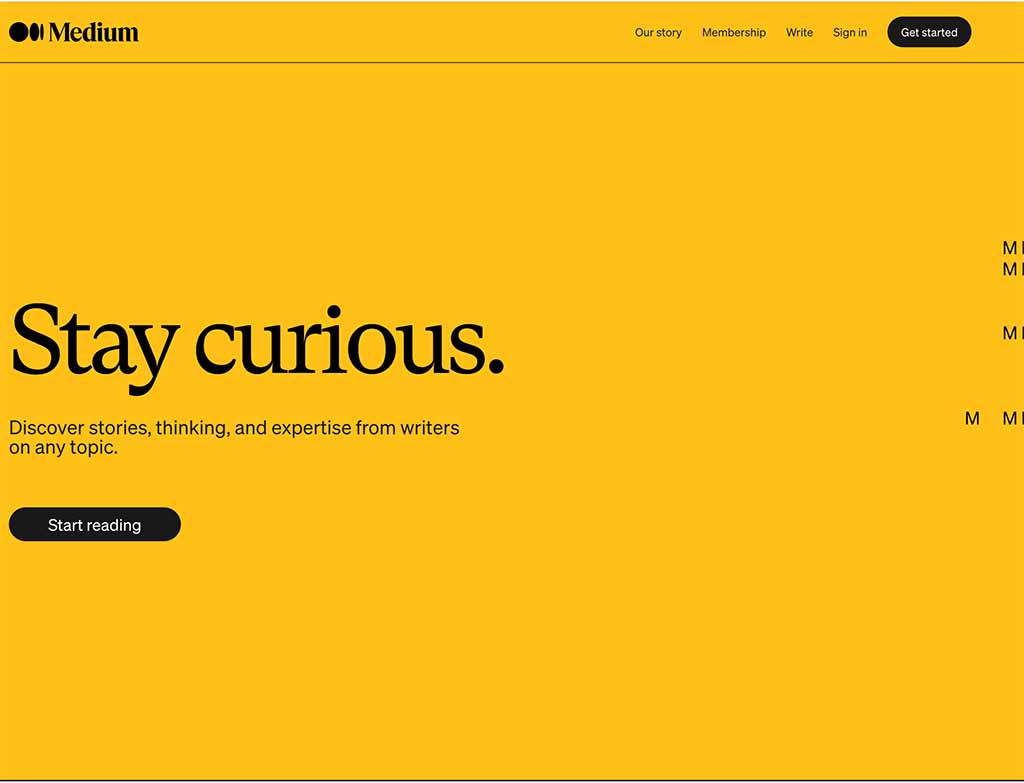
Medium is a platform that has carved out a niche for itself in the blogging world. It prioritises the written word and is designed to showcase stories in the most readable way possible.
Medium provides a simple, clean, and distraction-free environment for writers. It’s known for its built-in audience and social features, which can help writers gain exposure quickly. Medium is ideal for those who want to focus purely on content creation without worrying about design or technical maintenance.
Pros:
- Clean Design: Emphasizes content over customisation.
- Built-In Audience: Ready-made audience for your content.
- Simplicity: No need to manage technical aspects of a website.
Cons:
- Control: Limited customisation and control over content appearance.
- Monetisation: Less potential for extensive monetisation compared to other platforms.
Conclusion: Medium’s simplicity and built-in audience make it an excellent platform for writers focused on content. While it lacks customisation and extensive monetisation options, its ease of use and community features provide a great space for storytellers to thrive.
Ghost: The Professional Publishing Platform
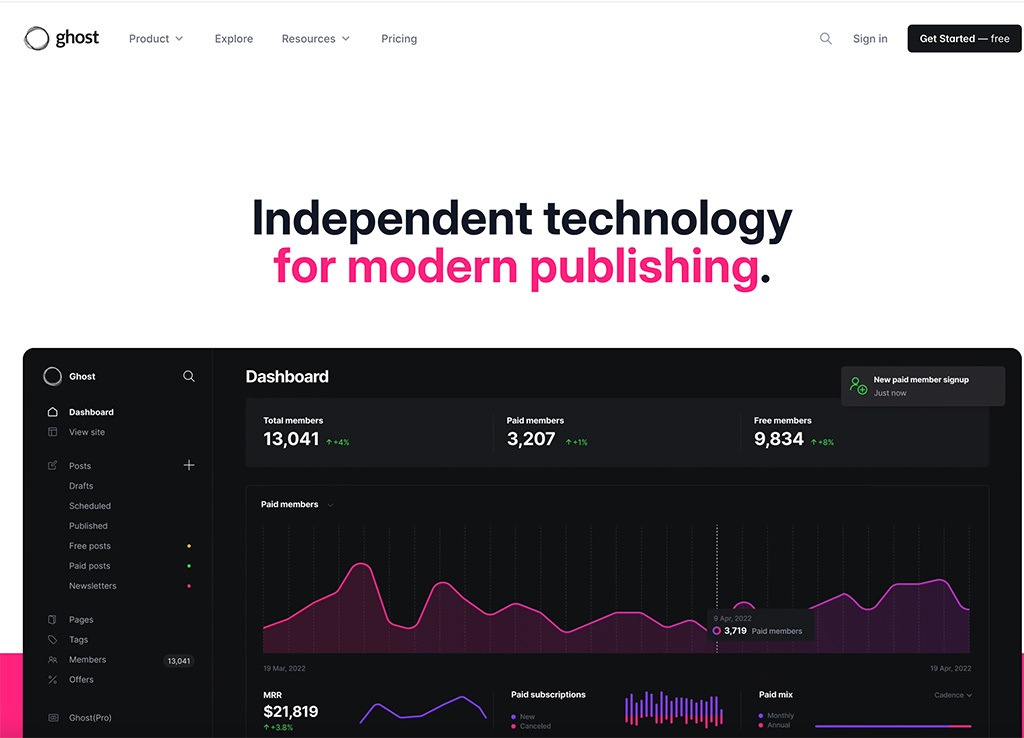
Ghost is a platform revered by professional writers and serious bloggers. It offers a minimalist and performance-focused approach.
Ghost is designed for professional publishing, with a strong emphasis on writing and performance. It offers powerful SEO tools, social sharing capabilities, and detailed analytics. Ghost also supports memberships and subscriptions, making it a great choice for bloggers looking to monetise their content.
Pros:
- Distraction-Free Writing: Streamlined interface for focused writing.
- Powerful Features: SEO tools, social sharing, and detailed analytics.
- Monetisation: Supports memberships and subscriptions.
Cons:
- Complexity: This can be overkill for casual bloggers.
- Cost: Hosting can be expensive, especially for high-traffic sites.
Conclusion: Ghost stands out for its professional-grade publishing features and performance focus. It’s an excellent choice for serious bloggers looking to monetise their content, though its complexity and cost may be barriers for casual bloggers. For those committed to professional blogging, Ghost offers a robust and feature-rich platform.
Tumblr: Microblogging with a Social Twist
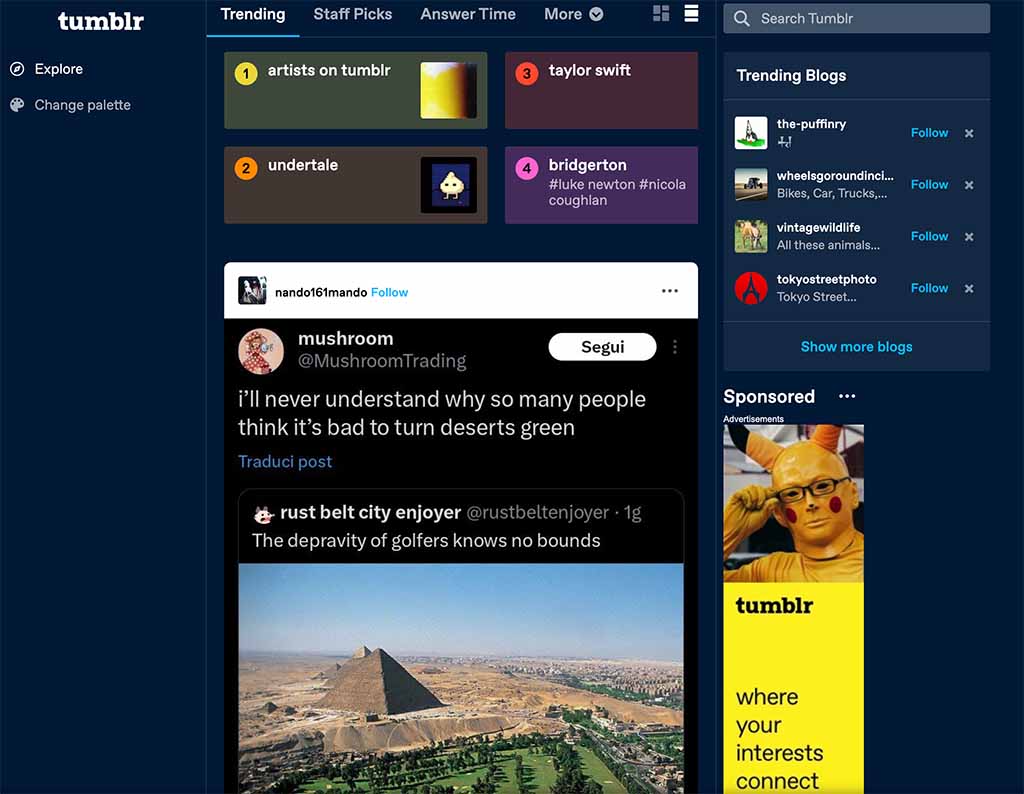
Tumblr is a microblogging platform that combines blogging and social networking features. It’s ideal for bloggers who want to share short-form content, and multimedia posts, and interact with a community.
Pros:
- Ease of Use: Simple and user-friendly interface.
- Multimedia Integration: Supports various content types, including text, photos, quotes, links, audio, and video.
- Social Networking: Built-in social features like reblogging, liking, and following other users.
Cons:
- Limited Customisation: Less flexible compared to other platforms like WordPress.
- SEO Limitations: Not as robust in terms of search engine optimisation.
Conclusion: Tumblr is a great choice for bloggers who enjoy creating and sharing multimedia content and engaging with a community. Its ease of use and social features make it particularly appealing to younger audiences and those new to blogging.
Turn Your Passion into Profits
Typepad: Reliable and Professional
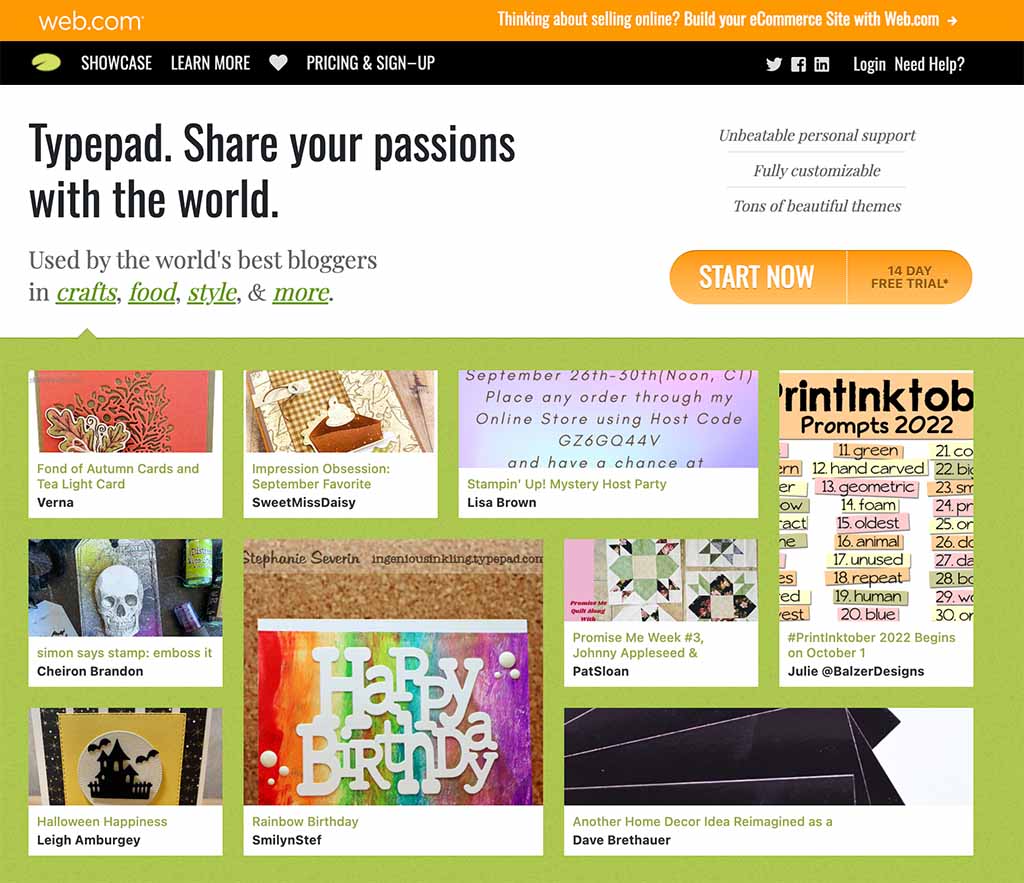
Typepad is a reliable and professional blogging platform that has been around for a long time. It offers a good balance of ease of use and customisation, making it suitable for both beginners and more experienced bloggers.
Pros:
- Ease of Use: User-friendly interface with easy setup.
- Customization: Offers a variety of templates and design options.
- Customer Support: Excellent customer support and resources for bloggers.
Cons:
- Cost: Paid platform with no free option.
- Limited Plugins: Fewer plugins compared to WordPress.
Conclusion: Typepad is a solid choice for bloggers looking for a professional, reliable platform with good customer support. Its balance of ease of use and customisation options makes it suitable for a wide range of blogging needs.
Substack: Newsletter and Blogging Combined

Substack is a platform that combines blogging with newsletter features, making it ideal for writers who want to build and monetise their subscriber base.
Pros:
- Ease of Use: Simple and straightforward to use.
- Monetisation: Built-in subscription and payment options for paid newsletters.
- Focus on Content: Emphasises writing and content delivery without the need for design skills.
Cons:
- Limited Design Options: Basic design customisation compared to other platforms.
- SEO Limitations: Less focus on search engine optimisation.
Conclusion: Substack is perfect for writers and bloggers who want to monetise their content through subscriptions. Its simplicity and focus on writing make it a great choice for those who prefer content over customisation.
Joomla: Flexible and Powerful CMS
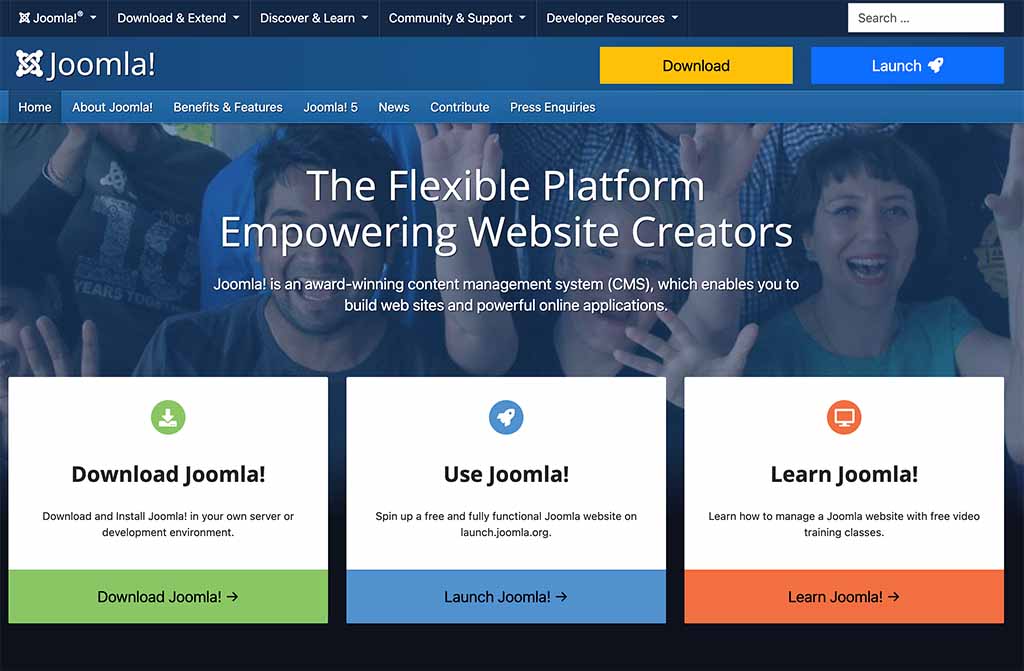
Joomla is another powerful content management system (CMS) that offers a high degree of flexibility and customisation, similar to WordPress.
Pros:
- Flexibility: Highly customisable with thousands of extensions and templates.
- Community Support: Active community and extensive documentation.
- Multi-Language Support: Built-in support for multiple languages.
Cons:
- Learning Curve: Steeper learning curve compared to simpler platforms.
- Maintenance: Requires regular updates and management.
Conclusion: Joomla is ideal for bloggers who need a flexible and powerful CMS with advanced features. Its extensive customisation options make it suitable for complex sites, but it might be overwhelming for beginners.
Turn Your Passion into Profits
Conclusion: Choosing the Platform That's Right for You

Choosing the right blogging platform is about finding one that fits your personal or business blogging needs. Your decision doesn’t have to be set in stone; you can always adjust your approach down the road. What’s crucial is that you choose something that resonates with you and aligns with your goals.
We’ve covered a variety of platforms—WordPress, Blogger, Squarespace, Wix, Medium, Ghost, Tumblr, Typepad, Substack, and Joomla—each with its unique strengths and features. Whether you’re looking for flexibility, ease of use, professional designs, or monetisation options, there’s a platform out there for you.
Remember, the experience of blogging—the connections you make and the skills you develop—is way more valuable than the platform you initially choose. Don’t stress too much about getting it perfect the first time. What’s important is starting your blogging journey and finding a rhythm that works for you.
If you’re ready to get started and want a comprehensive guide to help you every step of the way, check out our post “The Ultimate Guide To Starting A Blog: Beginner’s Blueprint” This guide will provide you with a detailed roadmap, from setting up your blog to creating compelling content and growing your audience.
Happy blogging!
Please let me know if you found this guide useful? I would love to hear from you in the comments section. I’m here to help you, so let me know what else you want help with…
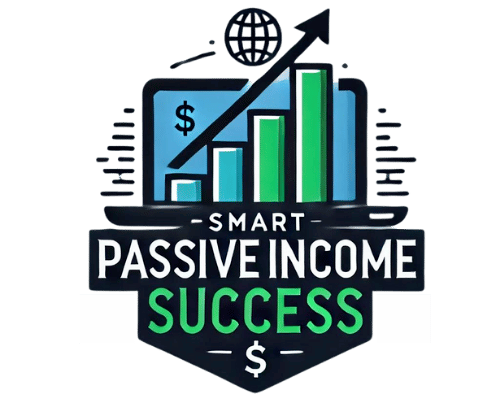



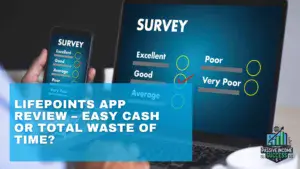
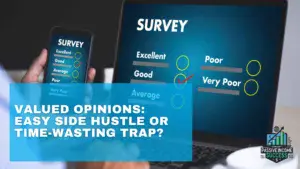


Hey John,
I wanted to express my sincere appreciation for your enlightening blog post on blogging platforms. Your in-depth analysis of the pros and cons of various options was truly insightful. I found your exploration of factors such as user-friendliness, customization capabilities, monetization potential, and SEO optimization to be particularly helpful.
Your article not only provides aspiring bloggers with a comprehensive overview of different platforms but also offers valuable guidance in making an informed decision. By highlighting the key considerations and features of each platform, you have equipped bloggers with the knowledge they need to select the perfect platform for their unique needs and goals.
Thank you for sharing your expertise and providing such valuable insights. Your blog post is sure to be a trusted resource for aspiring bloggers as they navigate the world of blogging platforms.
Best regards,
Marios
Hi Marios,
Thank you so much for your thoughtful and kind comment. I’m thrilled to hear that you found the blog post on blogging platforms helpful and insightful. It was my goal to provide a comprehensive analysis that would guide aspiring bloggers in making informed decisions, so your feedback is incredibly encouraging.
I’m glad that the exploration of user-friendliness, customisation capabilities, monetisation potential, and SEO optimisation resonated with you. These are crucial factors when choosing the right platform, and it’s great to know that the detailed breakdown was useful to you.
If you have any more questions or need additional guidance as you navigate your blogging journey, feel free to reach out to me. Also, if you’re ready to dive into starting your blog, I recommend checking out “The Ultimate Guide To Starting A Blog: Beginner’s Blueprint” for step-by-step instructions and tips.
Thank you again for your kind words and for taking the time to share your thoughts. Your support means a lot!
Best regards,
John
Hi,
This is an excellent summary of blogging platforms. Very well done on this one.
I really would like to know which factors you consider most important when choosing between a self-hosted platform like WordPress and a fully hosted-option like Wix or Squarespace.
Also, how significant is the level of customization and flexibility provided by these platforms for someone who is just starting their blogging journey?
For bloggers looking to earn money from their content, which platforms offer the best resources and assistance for generating and handling revenue streams?
Your insights are precious, and I eagerly await your thoughts!
Hi there,
Thank you for your kind words and for taking the time to leave such thoughtful questions. I’m glad you found the summary of blogging platforms helpful!
When choosing between a self-hosted platform like WordPress and a fully hosted option like Wix or Squarespace, several factors come into play:
Control and Customisation: WordPress, being self-hosted, offers unparalleled customisation and flexibility. You have full control over your site’s appearance and functionality, thanks to thousands of themes and plugins. This is ideal for bloggers who want to tailor their site to their specific needs and have the technical skills or willingness to learn. In contrast, Wix and Squarespace, while easier to use, offer less flexibility but provide beautifully designed templates and a more streamlined setup process.Ease of Use: For beginners, the learning curve is a significant factor. Platforms like Wix and Squarespace are known for their user-friendly interfaces and drag-and-drop builders, making them accessible to those with little to no technical experience. WordPress, while incredibly powerful, can be more challenging to master initially.Monetisation and Revenue Streams: For bloggers looking to earn money, WordPress stands out due to its vast range of plugins for e-commerce, membership sites, and advertising integrations. However, both Wix and Squarespace also offer solid monetisation options, such as integrated e-commerce solutions and easy-to-use marketing tools.
Regarding the level of customisation and flexibility for beginners, it’s essential to strike a balance. While having the ability to customise every aspect of your blog is appealing, it can also be overwhelming. Fully hosted options like Wix and Squarespace can provide a great starting point, allowing you to focus on content creation and audience building without getting bogged down in technical details.
For those serious about monetising their blog and seeking comprehensive support and training, I highly recommend Wealthy Affiliate (link to my review). This platform offers expert-led classes, a supportive community, and essential tools to help you navigate the blogging world and optimise your revenue streams. It’s an excellent resource for both beginners and experienced bloggers looking to take their efforts to the next level.
I hope this helps! If you have any more questions or need further guidance, feel free to reach out.
Best regards,
John